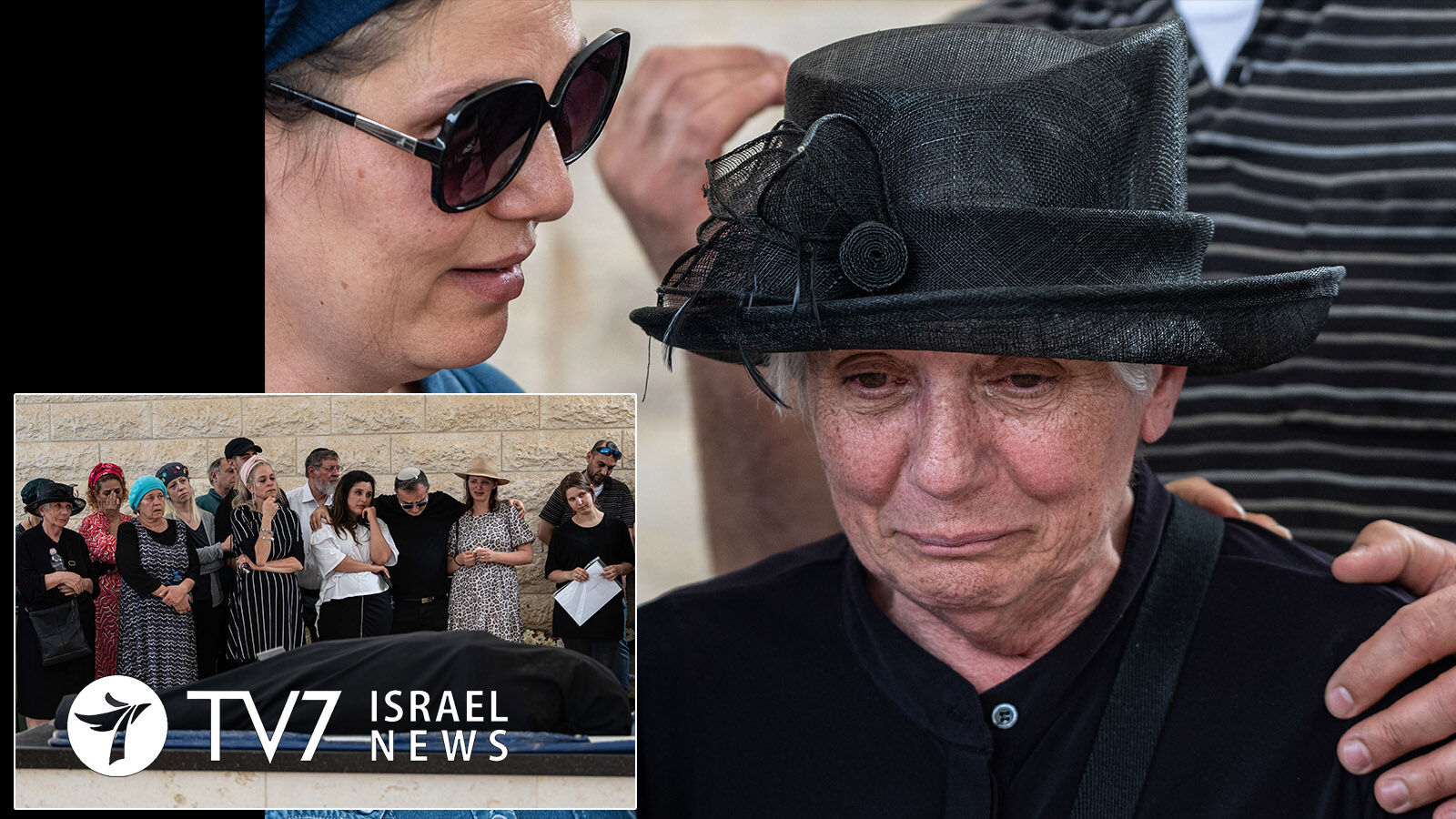The victim has been in a coma since a suicide bombing in 9 August 2001 that killed 15 civilians, including 8 children.
By Erin Viner
Chana Nachenberg, a dual Israeli-US citizen, was 52 years old at the time of her death.
The then-31-year-old mother was with her 3-year-old daughter Sara at the Sbarro restaurant in the heart of downtown Jerusalem located at the Jaffa Road-King George Street intersection, after detonation of a powerful bomb packed with nails by Palestinian Hamas terrorist Izz al-Din Shuheil al-Masri, 22.
Severe injuries left her in a coma from which she never awoke since the day of the attack. Her daughter survived and is today expecting her own third child.
Fatalities of the attack include five members of the Schijveschuurder family, descendants of Dutch Holocaust survivors. Two of the family’s children were among 140 others who were injured. In total, three Americans were among the dead.
The terrorist was a resident of the West Bank town of Aqaba. His remains were eventually handed over to the Palestinian Authority (PA).
The bombmaker, Abdullah Barghouti, was commander of the West Bank branch of the Hamas Izz al-Din al-Qassam Brigades Military Wing. In 2003, he received the longest ever sentence in Israeli history – 67 life terms plus 5,200 years behind bars – for involvement in the Sbarro and a series of other notable deadly attacks. The PA has paid the notorious felon a ‘pension’ since his conviction as part of its “Pay to Slay” program that awards payments to Palestinian terrorists and their families dependent on the severity of the crimes against Israelis.
Female accomplice Ahlam Tamimi, a Jordanian and the first woman to join Hamas, was given 16 life sentences in 2003 for her role in the Sbarro bombing, including having driven al-Masri to the scene of the crime. She returned to the Hashemite Kingdom after being freed in 2011 along with 1,026 other Palestinians in a prisoner exchange with Hamas for the return of IDF soldier Gilad Shalit. The United States has long sought Tamimi’s extradition on charges of conspiring to use a weapon of mass destruction against Americans; a request so far rejected by Jordan’s High Court.
The attack was occurred during the Second Intifada, a Palestinian uprising between September 2000 and January 2005, that claimed the lives of at least 1,010 Israelis.
